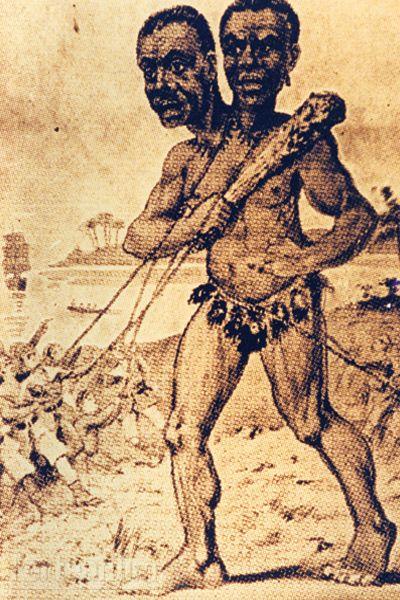Ermintrude, what's a wonga?
Fascinating....I'm now either teaching Australian to an Australian, or, my life-long presumptive belief as to the word being a loan-word, from an Aboriginal name, is entirely wrong. Setting aside any parallel universe theories for the moment, its money, cash, dollars. And I did think it was specifically, previously, $AUS, before having become one of the masses of semi-slang cod-Cockney British synonyms for money.
<
goes away to check online>
<comes back astounded>
@mungoman, this is astonishing. I'm both wrong and right, for the wrong reasons, and you're wrong (or, rather, under-informed) for other reasons.
So...here's my revised theory. I suspect that the word 'wonga' has two totally-parallel etymologies. But I remain stubbornly-convinced that I (and perhaps others on FTMB.....back me up, here, folks) have heard noted Australians use the word, to mean "money".
I'm now putting myself into a post-hypnotic trance....might this've been a "Neighbours"/Grundy import, into the UK, back in the 80s, when we all learnt Strine demotic terms such as 'thisavo' and 'condo' and 'duplex' , and, realised that 'dobbing someone into the rozzers' wasn't exactly cricket...? Maybe it was Joe Mangel?
Or could it have been Dame Edna/ Sir Rex Parsons? Pre-Paul Hogan? My gut feeling is that it pre-dates all this, back to a vague 'Skippy The Bush Kangaroo', or earlier era. Perhaps one of the Australian Children's Film Foundation imports, both cinematic and phonetic?
Wait!! The penny's dropped. And I think I have the answer!!! Also, in so doing, I've made what must be an (already-known?surely?) major linguistic conclusion, that will interest all you Australians (and, quite a few on the Board).
The word 'wonga' is described by Wiki as being a Romany term for money. However, I bet you a pile of Wonga that it's also a
Polari word for money!!!
So if I'm right, it's a Julian-and-Sandy/'Round the Horne'/Carry On 1950s/60s era expression, populised/mainstreamed back then, feeding back inevitably into some elements in Australia with that meaning (sorry
@MungomanII , I genuinely believe that at least some native Aussies will use it in the financial sense....and if not now, they will have in the 50s-past).
But this leads me to make a proposal (for me, independantly-concluded, and surely already known of by professional phylologists)....
contemporary Strine/Australian English must have found much of it's vocabular origins from within Polari.
https://en.wikipedia.org/wiki/Polari
"Polari (or alternatively
Parlare,
Parlary,
Palare,
Palarie,
Palari; from
Italian parlare, "to talk") is a form of
cantslang used in
Britain by actors, circus and fairground showmen, merchant navy sailors, criminals, prostitutes, and the
gay subculture. There is some debate about its origins, but it can be traced back to at least the nineteenth century and possibly the sixteenth century. There is a long-standing connection with
Punch and Judy street puppet performers who traditionally used Polari to converse."
ps I also now realise that much of the fundamental confusion between British/Australian/African English (grouped), versus North American English, is the total absence of any rhyming slang/pseudo-Polari/Cockney, in America



